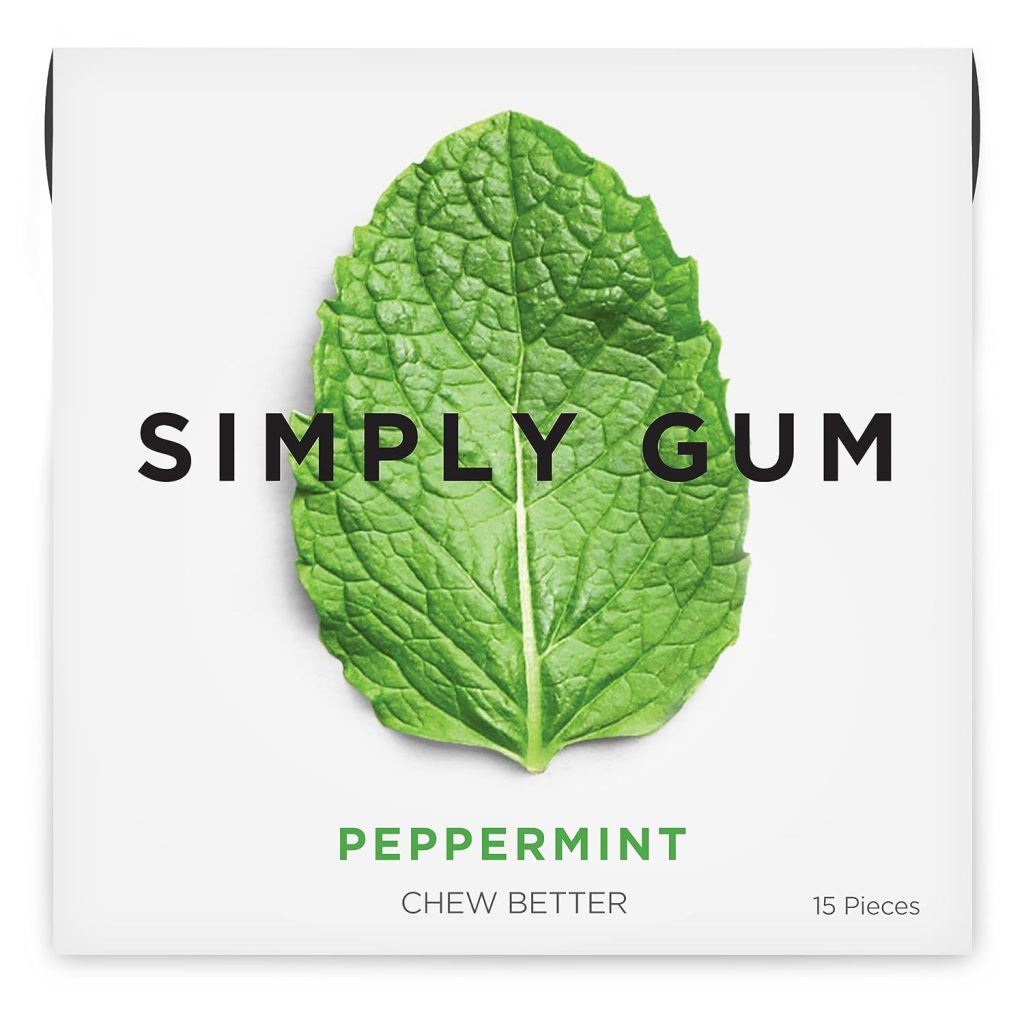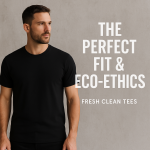Imagine you’re wandering a food aisle and you spot Simply Gum. You read the label and breathe easier – it lists “Natural Chicle Base” instead of the opaque “gum base.” That’s not just marketing fluff. It’s your gateway to less plastic in your mouth.
Microplastics and Gum: What the Heck Is Going On?
New pilot research from UCLA engineers, presented at the American Chemical Society in March 2025, shook the gum market. They found that chewing gum – long sold as a harmless breath freshener – actually sheds hundreds to thousands of microplastic particles per gram into your saliva. That averages about 100 microplastics per gram, but some pieces shed up to 600 per gram. Since a stick can weigh 2–6 g, you could unleash 3,000 plastic bits per piece.
Over a year, chewing ~160–180 sticks means ingesting roughly 30,000 microplastic particles. Both synthetic and supposedly “natural” gums released similar amounts—so the plastic in “natural” gums likely comes from packaging, processing, or residual contamination.
Microplastics are tiny but possibly mighty. Some preliminary studies link them to inflammation, gut‑microbiome disruption, hormone alterations, DNA damage and even heart disease, stroke and diabetes – but causation is still uncertain.
Why “Gum Base” Means Plastic
Most chewing gums list “gum base” on the label. That’s a catch‑all for polymer resins, waxes, elastomers – many derived from petroleum, like poly‑isobutylene, polyvinyl acetate, polyethylene, butadiene‑styrene rubber – materials used in plastics and even tires or glue. When you see “gum base” you’re literally chewing on plastic.
Reddit users summed it up bluntly:
“any gum that has ‘gum base’ is using a blend of plastics”
How Simply Gum Avoids That Pitfall
Simply Gum doesn’t use gum base – it uses natural chicle, a biodegradable sap from Central America. That’s not the same thing as synthetic gum base.
Their flavors: peppermint, spearmint, cinnamon, ginger, coffee, fennel, maple and more. All are built on that chicle foundation plus cane sugar (or xylitol for sugar‑free), natural oils, glycerin, rice flour and waxes like candelilla wax – no hidden synthetics, no “gum base” plastic polymers.
In effect, choosing Simply Gum is opting for tree sap chew over petroleum chew.
Benefits of Chewing Gum (Still a Thing)
- Cavity prevention: Chewing increases saliva production, which neutralizes acids and washes away food debris.
- Jaw exercise: Nice if you’re into TMJ workouts or looking to tone your face hypothetically.
A word of caution though: no brand makes chewing gum essential. Enjoying it occasionally might limit microplastic exposure—but no gum is totally microplastic‑free.
How to Tell If a Gum Has Microplastics
- If the ingredients list says “gum base”, it likely includes plastic polymers: polyisobutylene, polyvinyl acetate, petroleum waxes, etc. That’s a sign of microplastics.
- If it lists “natural chicle base” (or tree sap) and names, you’re likely on the plastic‑free side – just like Simply Gum.
Verdict: Simply Gum Review
If you’d like a gum that (a) avoids plastic‑laden gum base and (b) is transparent about its ingredients, Simply Gum fits that bill. They offer multiple flavors: peppermint, spearmint, wintergreen, cinnamon, ginger, etc. And you can chew it knowing you’re not ingesting petroleum polymers (though tiny environmental or processing microplastics may still lurk in trace amounts).
Of course, no gum is completely plastic‑free, thanks to ubiquitous contamination, but Simply is about as close as you can get in a gum.
If you’re chewing to freshen breath or avoid cavities, go ahead, but chew longer on one piece (most microplastics are shed in the first 8 minutes) and fluctuate flavors to reduce total sticks per year. Toss it in the trash when you’re done, not spit it in the street.
To summarize:
- Microplastics from gum are real – hundreds to thousands per gram.
- “Gum base” almost always involves plastic polymers, so avoid gums that list it.
- Simply Gum replaces that with chicle schnaps – sorry, sap – from trees, without synthetic gum base.
- Good for your breath, jaw and cavity prevention – just don’t overdo it.
Chew smarter and leave the plastic for recycling bins, not your stomach.







Comments by The Dapper Savage